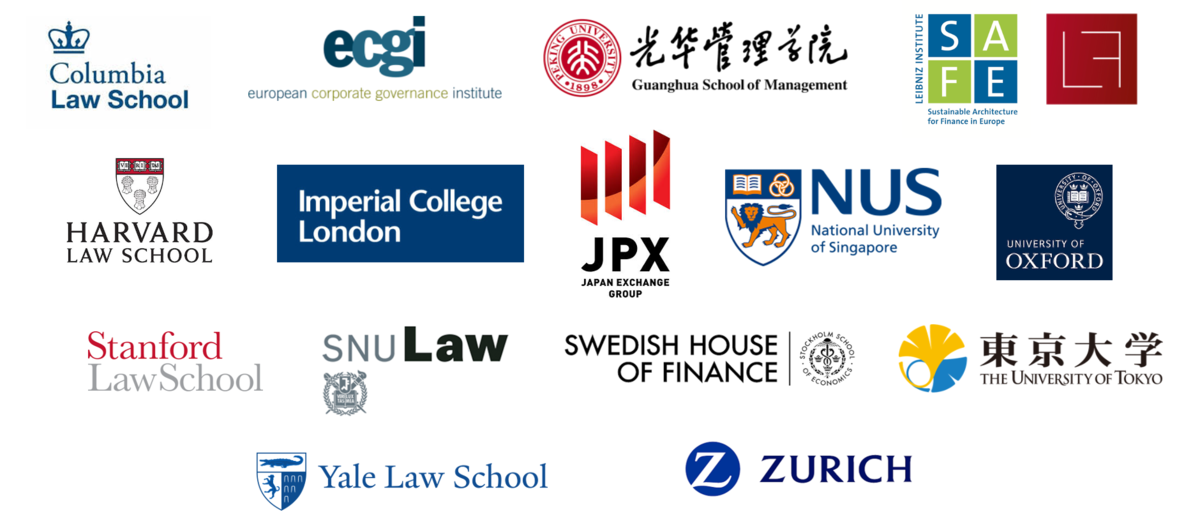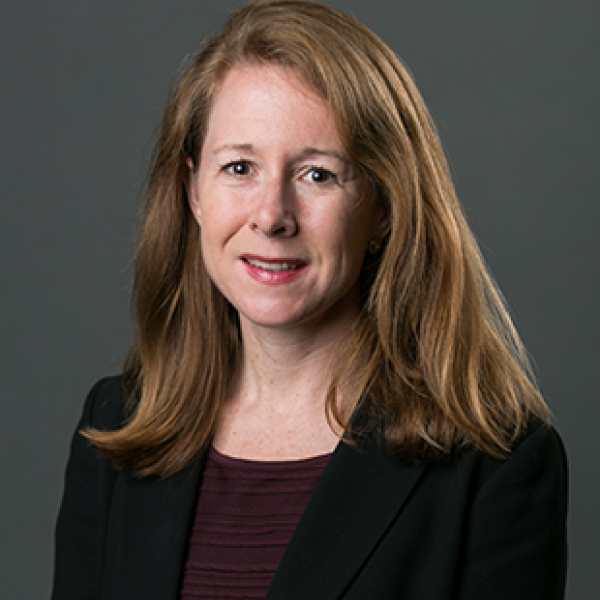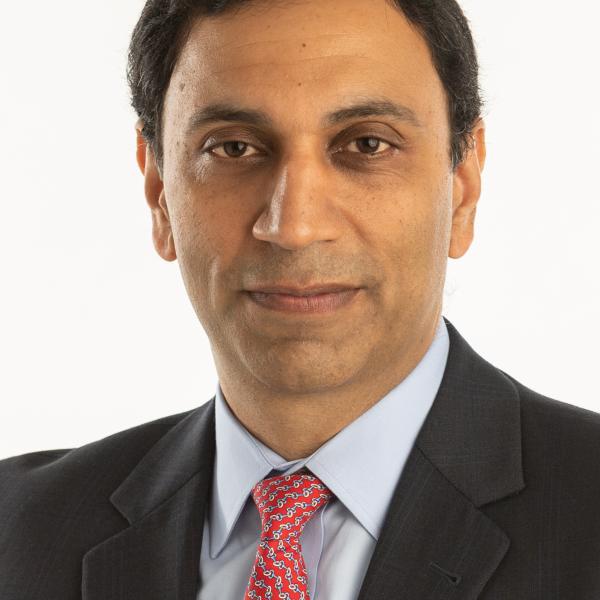
2022 Global Corporate Governance Colloquium (GCGC)
The eighth annual GCGC Conference was hosted by the University of Oxford on 3 -4 June 2022 at Saïd Business School
This was a hybrid event. In-person attendance was limited to speakers and invited guests.
PAPERS:
The Effects of Hedge Fund Activism
(Andrew C. Baker)
(Peter Cziraki, Dirk Jenter)
The gender pay gap: Pay for performance and sorting across employers
(Michelle Lowry)
Workplace Inequality in the U.S. and Managerial Rent Extraction: Evidence from Pay Growth Gaps
(Jie (Jack) He, Lei Li, Tao Shu)
Sustainability or Performance? Ratings and Fund Managers’ Incentives
(Nickolay Gantchev, Mariassunta Giannetti, Rachel Li)
The Origins and Consequences of the ESG Moniker
(Elizabeth Pollman)
Which Corporate Victims Get Justice?
(Anat Admati, Greg Buchak)
China's Corporate Social Credit System and the Dawn of Surveillance State Capitalism
(Lauren Yu-Hsin Lin, Curtis Milhaupt)
Strategic Leadership in Corporate Social Responsibility
(Rui Albuquerque, Luis Cabral)
Does Socially Responsible Investing Change Firm Behavior?
(Davidson Heath, Daniele Macciocchi, Roni Michaely, Matthew C. Ringgenberg)
Foundation Ownership and Sustainability International Evidence
(David Schroeder, Steen Thomsen)
Controlling Externalities: Ownership Structure and Cross-Firm Externalities
(Dhammika Dharmapala, Vikramaditya Khanna)
ABOUT THE EVENT
GCGC 2022, hosted by University of Oxford, gathered researchers to examine the responsibilities of corporations beyond traditional shareholder primacy, delving into themes of environmental, social, and governance (ESG) integration, gender pay disparities, and legal accountability within corporate structures. The presentations explored how corporate governance can adapt to societal needs, reflecting an era marked by intensified scrutiny of corporate behavior and increasing demand for accountability.
A central theme was the critique and potential of ESG as a corporate governance tool. Elizabeth Pollman’s paper, The Origins and Consequences of the ESG Moniker, traced the rise of ESG from a United Nations initiative to its current status as a dominant, though often ambiguous, framework in finance and governance. Pollman highlighted how ESG's flexibility allows firms to adopt varied and sometimes inconsistent practices, creating both opportunities and challenges. While ESG terminology has promoted broader adoption of sustainable practices, the lack of definitional clarity has led to accusations of “greenwashing” and concerns over “sustainability arbitrage.” Pollman’s insights suggest that while ESG frameworks have undoubtedly influenced corporate priorities, they may also obscure accountability if left loosely defined.
The colloquium also tackled corporate responses to social justice issues, with significant attention to pay equity. The study, The Gender Pay Gap: Pay for Performance and Sorting across Employers by Daniel Bradley, April Knill, Michelle Lowry, and Jared Williams, examined gender pay disparities within academia, particularly in Florida business schools. Despite controls for rank and productivity, the authors revealed a persistent pay gap, especially pronounced among senior faculty, and attributed part of this gap to differential pay-for-performance and sorting into lower-paying institutions. This work highlights that even in structured and regulated environments, gender-based pay inequalities endure, reflecting systemic biases that may require more aggressive institutional reforms to address fully.
Corporate legal accountability emerged as a provocative topic, especially in light of Anat Admati and Greg Buchak’s paper, Corporate Victims: Which Stakeholders Get Legal Redress?. This study demonstrated that the U.S. legal system disproportionately favors shareholders over other stakeholders when corporations cause harm. Notably, the study found that cases involving shareholder harm are far more likely to lead to criminal prosecution and individual accountability than cases where customers, employees, or the public suffer losses. Such findings challenge the prevailing notion that maximizing shareholder value aligns with broader societal welfare, instead suggesting that legal structures may perpetuate inequalities in justice depending on the stakeholder impacted.
Other papers expanded on how corporate governance influences market practices and executive compensation. Peter Cziraki and Dirk Jenter’s research, The Market for CEOs, revealed that CEO appointments in large U.S. firms are overwhelmingly internal, highlighting the restricted pool from which top executives are selected. This insularity suggests that corporate leadership structures may prioritize firm specific knowledge over external talent acquisition, raising questions about the efficiency and competitiveness of CEO labor markets in the face of contemporary corporate challenges.
The conference highlighted the need to rethink governance mechanisms to foster equity, accountability, and sustainability in modern corporations.
Questions may be directed to: admin@ecgi.org
This event is organised by the European Corporate Governance Institute (ECGI)
Programme
Welcome and Introductions
Speaker(s)
Session 1 | Chaired by
Speaker(s)
The Effects of Hedge Fund Activism
Speaker(s)
Discussant
The Market for CEOs
Speaker(s)
Discussant
Coffee Break
Session 2 | Chaired by
Speaker(s)
The gender pay gap: Pay for performance and sorting across employers
Speaker(s)
Discussant
Lunch Break
Session 3
Beneficial Owner Voting Choices
Moderator
Panelist(s)
Coffee Break
Session 4 | Chaired by
Speaker(s)
The Origins and Consequences of the ESG Moniker
Speaker(s)
Discussant
Reception and Dinner
Welcome and Introduction
Speaker(s)
Session 5 | Chaired by
Speaker(s)
Which Corporate Victims Get Justice?
Speaker(s)
Discussant
Coffee Break
Session 6 | Chaired by
Speaker(s)
Strategic Leadership in Corporate Social Responsibility
Speaker(s)
Discussant
Does Socially Responsible Investing Change Firm Behavior?
Speaker(s)
Discussant
Lunch Break
Session 7
Embedding purpose into regulatory frameworks
Moderator
Panelist(s)
Coffee Break
Session 8 | Chaired by
Speaker(s)
Foundation Ownership and Sustainability International Evidence
Speaker(s)
Discussant
Closing Remarks
Speaker(s)
Reception
Speakers
Marco Becht
Nickolay Gantchev
Dirk Jenter
Vikramaditya Khanna
Michelle Lowry
Colin Mayer
Curtis J. Milhaupt
Ellen Quigley
Merih Sevilir
Tobias Tröger
Luigi Zingales
Yupana Wiwattanakantang
Kristin van Zwieten
Eric Talley
Presentations
Gallery
Contact



























































































































































